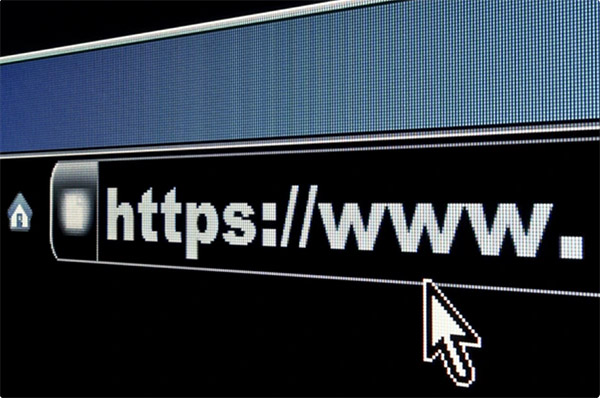When it comes to the foundational elements that make the web function, one port stands out as the unsung hero: port 80. Let’s dive into the importance of this ubiquitous port and understand why it’s the cornerstone of the online world.
The Primacy of Port 80 in the Digital Landscape
If you’ve ever glanced at a website’s URL, you’ve likely noticed the “http://” prefix, which indicates that the connection is being made over port 80. But what exactly is port 80, and why is it so crucial?
Port 80 is the default port for the Hypertext Transfer Protocol (HTTP), the primary protocol that powers the majority of web traffic. This means that when you type a website’s address into your browser and hit enter, your device is automatically connecting to that site through port 80, unless you’ve specified a different port.
The Ubiquity of Port 80 and Its Impact
The ubiquity of port 80 is a testament to its importance in the digital world. According to a recent study, there are over 1.7 billion websites on the internet, and the vast majority of them rely on port 80 to facilitate the exchange of information, from text and images to videos and interactive content.
But the significance of port 80 extends far beyond the sheer number of websites. It’s the foundation upon which the modern internet has been built, enabling the seamless communication and sharing of information that we now take for granted.
The Versatility of Port 80
One of the key reasons port 80 has become so indispensable is its versatility. While it’s primarily used for standard web traffic, port 80 can also accommodate a variety of other internet-based services, including:
- File Transfers: Port 80 can be used to transfer files securely over the web, making it a popular choice for file-sharing platforms and cloud storage services.
- Web-based Applications: Many web-based applications, from email clients to project management tools, rely on port 80 to facilitate their core functionalities.
- API Calls: Developers often use port 80 to make API calls, which are essential for integrating different web-based services and applications.
This flexibility has contributed to the widespread adoption of port 80 across the internet landscape, solidifying its position as a crucial component of modern digital infrastructure.
The Importance of Port 80 in the Future of the Web
As the internet continues to evolve, the role of port 80 is only expected to grow in significance. With the rapid expansion of the Internet of Things (IoT), where an increasing number of devices are connected to the web, the need for a reliable and ubiquitous port like 80 will be paramount.
Moreover, as cybersecurity threats become more sophisticated, the ability to securely transmit data over port 80 will be of utmost importance. The widespread use of HTTPS, which relies on port 443, is a testament to the ongoing efforts to enhance the security and privacy of web-based communications.
The Enduring Legacy of Port 80
In the ever-changing world of technology, some constants remain, and port 80 is undoubtedly one of them. Its enduring legacy as the foundation of the web has cemented its place as a vital component of the internet’s infrastructure, ensuring the seamless flow of information and the continued growth of the digital landscape.
So, the next time you navigate to a website, take a moment to appreciate the unsung hero that is port 80. Its quiet, ubiquitous presence is a testament to the ingenuity and foresight of the pioneering minds who built the internet we know and rely on today.
FAQ
Port 80 is the default port for standard, unencrypted HTTP traffic, while port 443 is the default port for HTTPS, the secure version of HTTP that uses encryption to protect data.
While it is technically possible to use port 80 for other types of internet traffic, it is generally not recommended. Port 80 is primarily designed and recognized for HTTP, and using it for other protocols can lead to compatibility issues and may even be blocked by some security measures.
You can use various online tools, such as Pingdom Website Speed Test or Google PageSpeed Insights, to analyze your website’s performance and identify any issues related to its port 80 configuration.
While it is technically feasible to use a different port for HTTP traffic, it is not recommended. The use of port 80 is the established standard and is widely recognized and supported by web browsers, servers, and other internet infrastructure. Deviating from this standard can lead to compatibility problems and may even be blocked by some security measures.
According to a report by Netcraft, port 80 is used by over 1.2 billion active websites, making it the most widely used port for web traffic on the internet.
